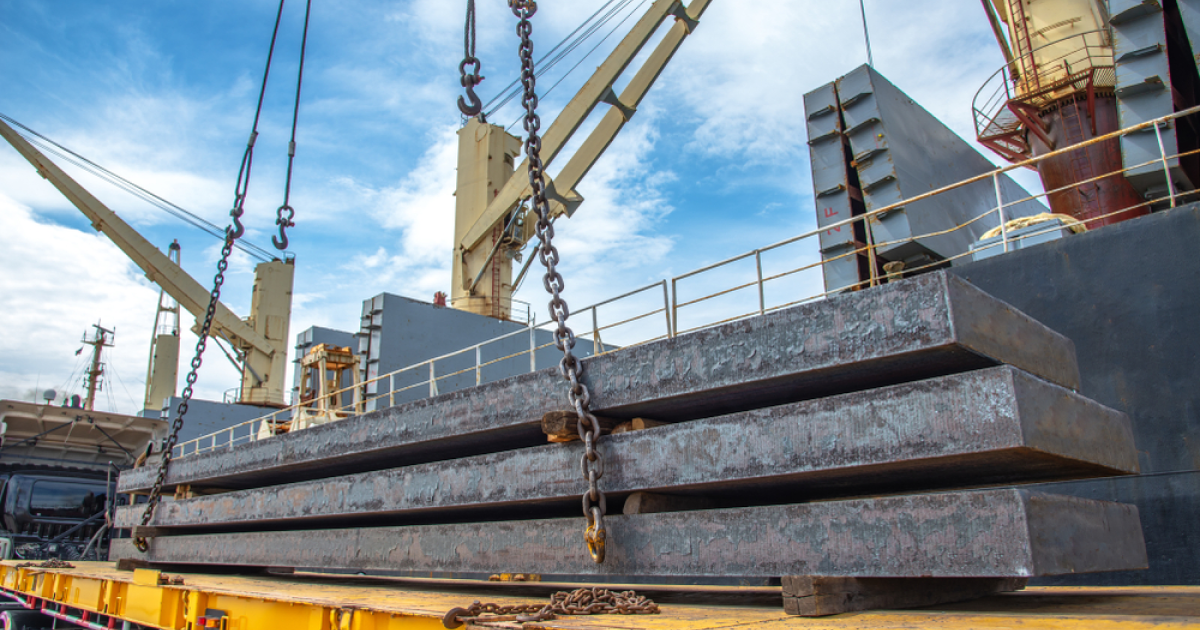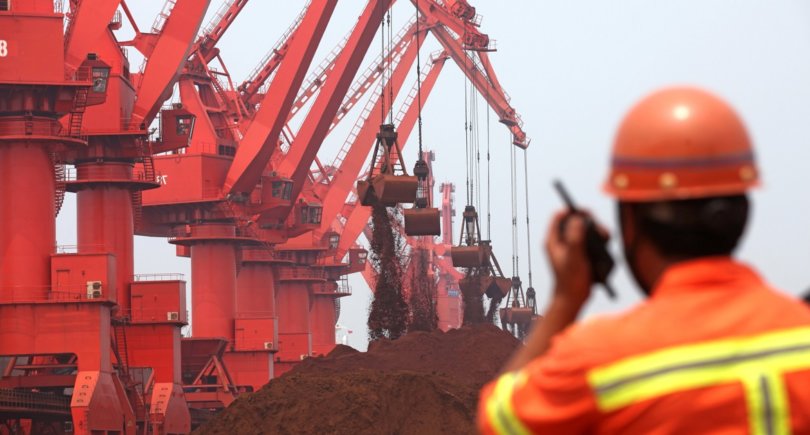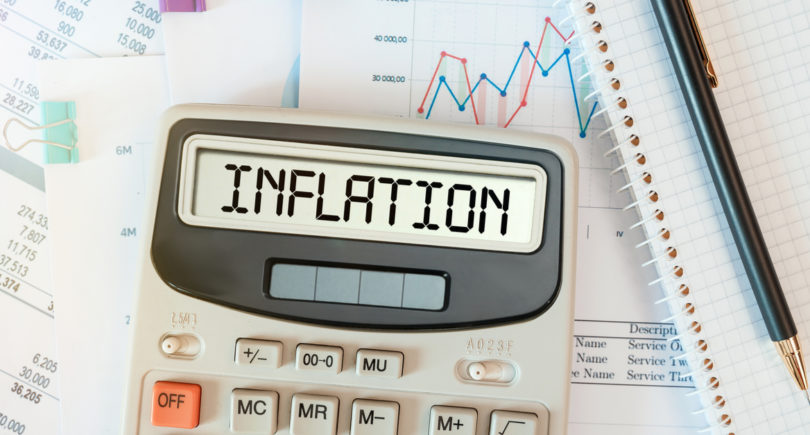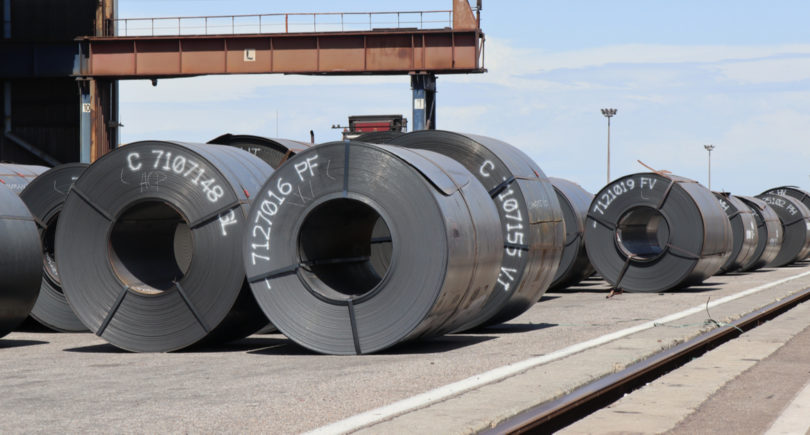
News Global Market sanctions 1850 28 November 2023
The country claims that they still cannot replace Russian supplies
The Czech Minister of Industry and Trade Josef Sikela has confirmed the country’s request to extend the transition period for imports of Russian slabs until 2028, Ceske Noviny reports.
The issue is being considered as part of the negotiations on the twelfth package of sanctions against Russia, which was recently presented by the European Commission.
The Czech Republic still insists that it cannot replace the Russian slab supplier. Sikela said the country is looking for other solutions, but there seem to be no good offers that would satisfy local steelmakers in terms of quality and reliability of supply.
According to the Czech Echo24, Vítkovice Steel was supposed to initiate negotiations on extending the transition period, but according to the steel industry trade union, other companies are involved in the process. The Czech mission to the EU said that the initiative was the result of consultations with the entire steel industry.
Czech steelmakers, in particular, use Russian slabs to produce plate steel used in the construction of bridges, wind farms and other structures.
From the very beginning, the Czech government tied the need to continue importing Russian slabs to the potential losses that the local automotive industry would allegedly suffer as a result of the cessation of supplies of Russian steel products. But local media questioned this argument.
In particular, the Czech factories of Škoda Auto and Toyota told the local Echo24 that they do not import steel from Russia and do not see any negative consequences for themselves from a complete halt in the import of steel products from Russia at the country level.
Vítkovice Steel, which is mentioned as the main lobbyist, does not produce the range of products used by automakers.
The Ministry of Industry and Trade has now moved away from linking imports of Russian slabs to losses in the automotive industry. Instead, government officials are threatening to shut down local industrial production if imports of semi-finished steel products from Russia do not continue, but no justification for such conclusions is given.
The situation looks as if, under the pretext of preserving the interests of local industry, the agency is lobbying for the interests of the Russian steel producer NLMK, which has subsidiaries and plants in the EU.
This assumption is supported by other media reports that Belgium and Italy are also requesting an exemption for Russian slabs.
The transitional period during which EU countries can import slabs from Russia within the established quotas (3.74 million tons) was introduced in the eighth package of sanctions approved in October 2022. It is due to expire on September 30, 2024, and a complete ban on imports of Russian semi-finished products will come into effect on October 1. The arguments of the countries that use Russian slabs in rolling production (primarily the Czech Republic, Italy, and Belgium) were similar at the time: they emphasized that it was impossible to find alternative suppliers quickly. Now the Czech Republic is citing the same reasons and hopes that an exception will be made again.
As GMK Center reported earlier, the extension of the European import quotas for Russian slabs for another 4 years was lobbied by NLMK Belgium (NBH), which is part of the Russian NLMK Group.
According to GMK Center’s study on sanctions against Russia in the steel sector, published in January 2023, imports of Russian slabs distort the competitive situation in the European steel market and harm European steelmakers, who, unlike their Russian competitors, face high energy prices. According to market sources, the discount on Russian slabs imported to the European market in 2022 compared to other suppliers ranged from 10% to 20%, depending on the month.




